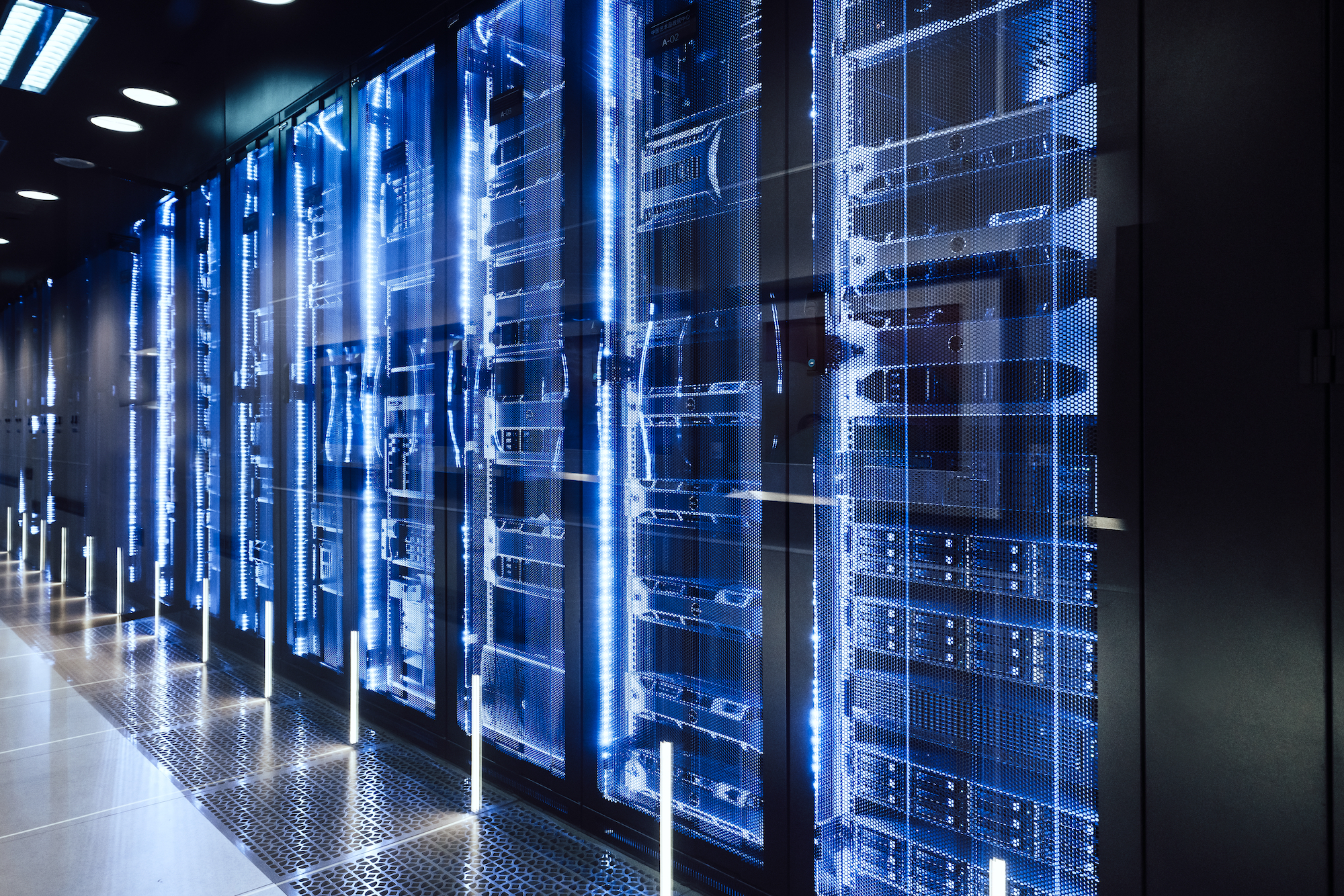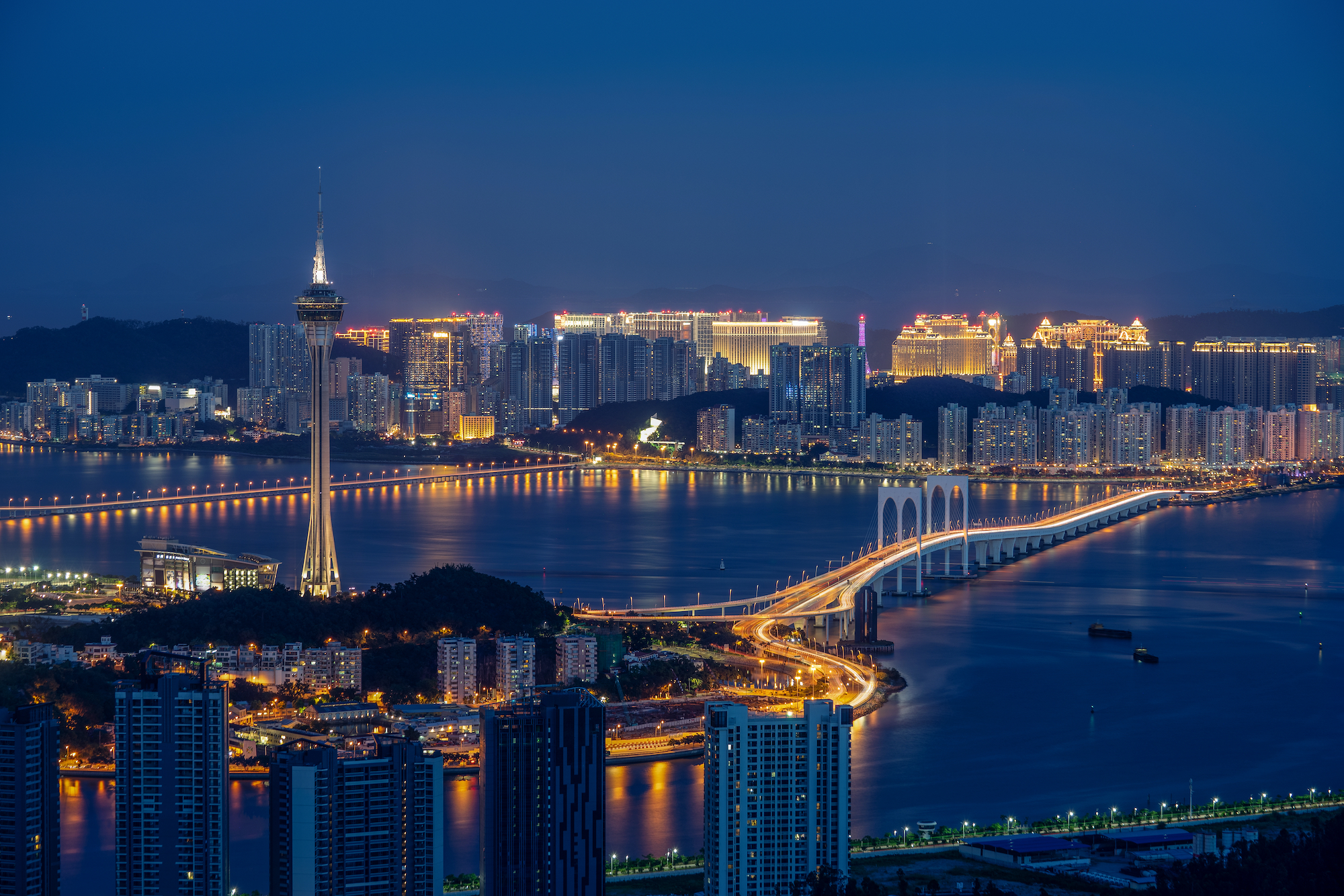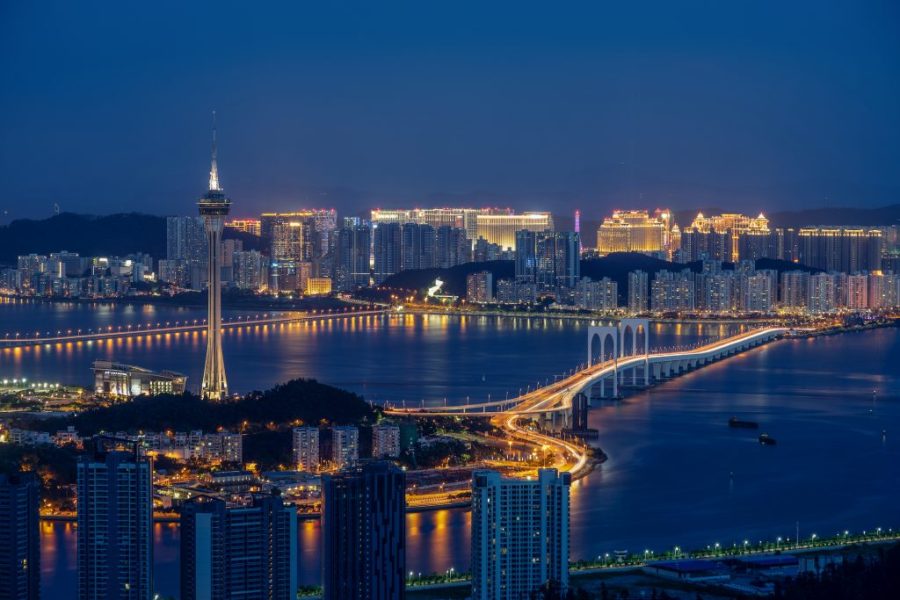If you live in Macao, you can already use your “Macao One Account” to pay bills, book health appointments and apply for government subsidies. Financial transactions are increasingly electronic, plus the city welcomed 5G at the end of last year. By many measures, Macao is developing into a “smart city” – a goal the government highlighted in its 2023 Fiscal Policy Address. But to take its ambitions further, the Special Administrative Region’s leaders must collect huge quantities of information about residents, traffic flows, energy usage, waste disposal and practically anything to do with how a city operates.
That’s where data centres come in. Does Macao have enough of them to truly become “smart”? And what are the risks around building more?
First, let’s back up. What is a smart city?
The phrase was coined in the 1990s before going mainstream in the 2000s when US tech giants IBM and Cisco began marketing smart cities as a way to solve urban problems, such as traffic snags through traffic light optimisation.
The idea is that the more a local government knows about its residents, the better it’ll be able to serve them. Smart cities aim to make everyday experiences easier and efficient, while reducing emissions and saving energy. How?
By collecting and processing digital data to streamline municipal management. Maybe that means contactless payments on public transport, telehealth consultations or smart street lights that save energy by adapting to foot traffic. When using the data they collect effectively, smart cities can be highly convenient and eco-friendly.
How is the concept catching on in practice?
Offering benefits to many sectors and stakeholders, it’s no surprise the concept has caught on fast. In 2011, the first Smart City Expo and World Congress was held in Barcelona. China launched its first batch of 90 pilot smart cities in 2013. In 2014, Singapore declared it would become the world’s first “smart nation”. Hong Kong released its first Smart City Blueprint in 2017, then another in 2020, which include more than 130 smart initiatives, such as on-street parking metres that support remote payments, self-cleaning public toilets and telehealth services.
Today, there are hundreds of smart cities in mainland China. What’s more, China’s 14th Five-Year Plan, issued in 2021, states that the country will continue to “promote the construction of new smart cities” by incorporating Internet of Things (IoT) – smart devices that use sensors and the internet to respond to their environments or communicate with other devices – into urban planning. The plan encourages 5G-based pilot programmes in key areas, such as smart transportation, smart logistics, smart energy and smart medical care. China also plans to accelerate the development of smart agriculture in the coming years.
In 2022, International Data Corporation estimated that the Chinese government-led smart city Information and Communication Technologies market was worth $21.4 billion – a year-on-year increase of 21 percent.
Macao, meanwhile, has been working to become a smart city since 2016, when the government’s first “Five-Year Development Plan” outlined 10 “major tasks” to get there. Among the tasks, which mainly focus on making the city more liveable and accessible, task No. 2 specifies a plan to establish a new publicly accessible, locally-operated data centre.
Why are data centres so important?

In a nutshell, the government needs to collect huge volumes of information – so-called “big data” – to achieve more sophisticated and plentiful digital services. While this information is intangible, it still needs to be stored somewhere with a tremendous amount of computing power and ultra-high security.
Data centres allow massive amounts of data to be safely stored, accessed, processed and shared. Physically, they are facilities that house a network of servers, storage systems, computing infrastructure, and the utilities needed to power and cool operations.
A data centre can be as small as a cupboard, which would work for smaller companies, or take up entire buildings. Mega data centres have more than 15,000 servers. The biggest data centres are industrial-sized complexes covering hundreds of thousands of square metres.
They also vary when it comes to which entities have access to the data. Enterprise data centres are owned and operated by private companies, whereas governments run public, or state-owned, data centres.
Doesn’t Macao already have data centres?
Yes, it has a few, actually. Currently, the Macao government has one government-owned data centre, located on Avenida Dr. Rodrigo Rodrigues, which began operations in 2010 and is shared by all government departments.
There are two enterprise data centres in the city, too. Telecom operators CTM and MTel each have one, the former in Taipa and the latter on Rua De Afonso De Albuquerque. CTM also has a data centre in Hong Kong as a backup.
[See more: Here’s what Macao can learn from neighbouring ‘smart cities’ to forge a path forward]
Are there more data centres in the pipeline?
According to Alfred Seng Fat Wong, the executive director of Macao’s Smart City Alliance Association, the government needs at least one more data centre “soon”. As government agencies improve their smart offerings and enterprises continue to incorporate smart city technologies, Macao will have to increase its capacity to store and process data, he explains.
But building a brand new data centre isn’t easy – there are geographical, legislative, and ethical hurdles in the way. Some of these issues make data centres, and smart cities by association, pretty unpopular with the public.
What are the hurdles?
The first relates to space. Macao has very little spare land for industrial-sized developments. As such, Wong thinks the government needs to look beyond Macao’s borders and consider the feasibility of building a data centre in Hengqin, Zhuhai.
Incidentally, according to a white paper, “New Infrastructure Development of Guangdong-Hong Kong-Macao Data Centres”, CTM has partnered with the Zhuhai Huafa Group to build the country’s first data centre with international bandwidth in Hengqin.
Legislatively, Macao’s data protection laws have not kept up with its smart city construction needs. Collecting, processing and using big data – especially if it includes sensitive information, like health records or data related to children – carries major policy and regulatory implications.
“We will need more targeted legal reforms,” Wong says. “I hope to see more targeted proposals submitted to the Legislative Assembly to accelerate [smart city] development in the future.”
On the subject of personal data privacy in Macao, Wong is reassuring. He notes that Macao’s laws are based on the European Union’s General Data Protection Regulation (GDPR) – considered to offer the tightest protections in the world.
Another data centre downside is the environmental toll. Globally, these facilities consume more than 2 percent of the world’s electricity and emit roughly the same amount of carbon as the maligned airline industry, according to an article published by Yale University in 2018. They also produce a lot of toxic e-waste in the form of discarded electronic appliances.
Are data centres worth it in the end?
When done well, smart cities have been heralded as inclusive, sustainable and adaptable – a win-win for all.
But the people whose data is being used need to be on-board. Wang thinks Macao’s government could do a better job of teaching residents about how smart cities actually work, and the benefits they bring to residents.
Ideally, smart city technology could be incorporated into school curriculums, Wong suggests. Civil society organisations could also help spread knowledge into different communities, including Macao’s elderly, to help more residents understand the potential pitfalls and possibilities.






